Empowering Your Businesswith AI Excellence
We build intelligent AI solutions, stunning user experiences, and scalable software that drives real business growth. From concept to deployment in weeks, not months.
AI Consulting
Discover AI’s practical advantages with custom solutions
AI Agents
Build intelligent AI agents tailored to automate workflows, enhance customer interaction, and boost operational efficiency across your business processes.
Custom Software
Design and develop high-performance, scalable custom software solutions crafted to meet your unique business goals and deliver seamless digital experiences.
0+
AI Experts
0+
Software Products Delivered
0+
AI Solutions
0+
Total Years of Experience
Building Innovative and Creative Solutions for
the Fast-paced Digital World
At Artizence, we’re more than a development agency—we’re your strategic technology partner. With over 4 years of expertise, we build AI-powered solutions, user-friendly interfaces, and robust software that solve real business challenges. From startups to enterprises, we help organizations harness AI, enhance user experiences, and scale their digital products. Our mission is simple: turn complex technology into measurable, scalable business value—no matter your company size.
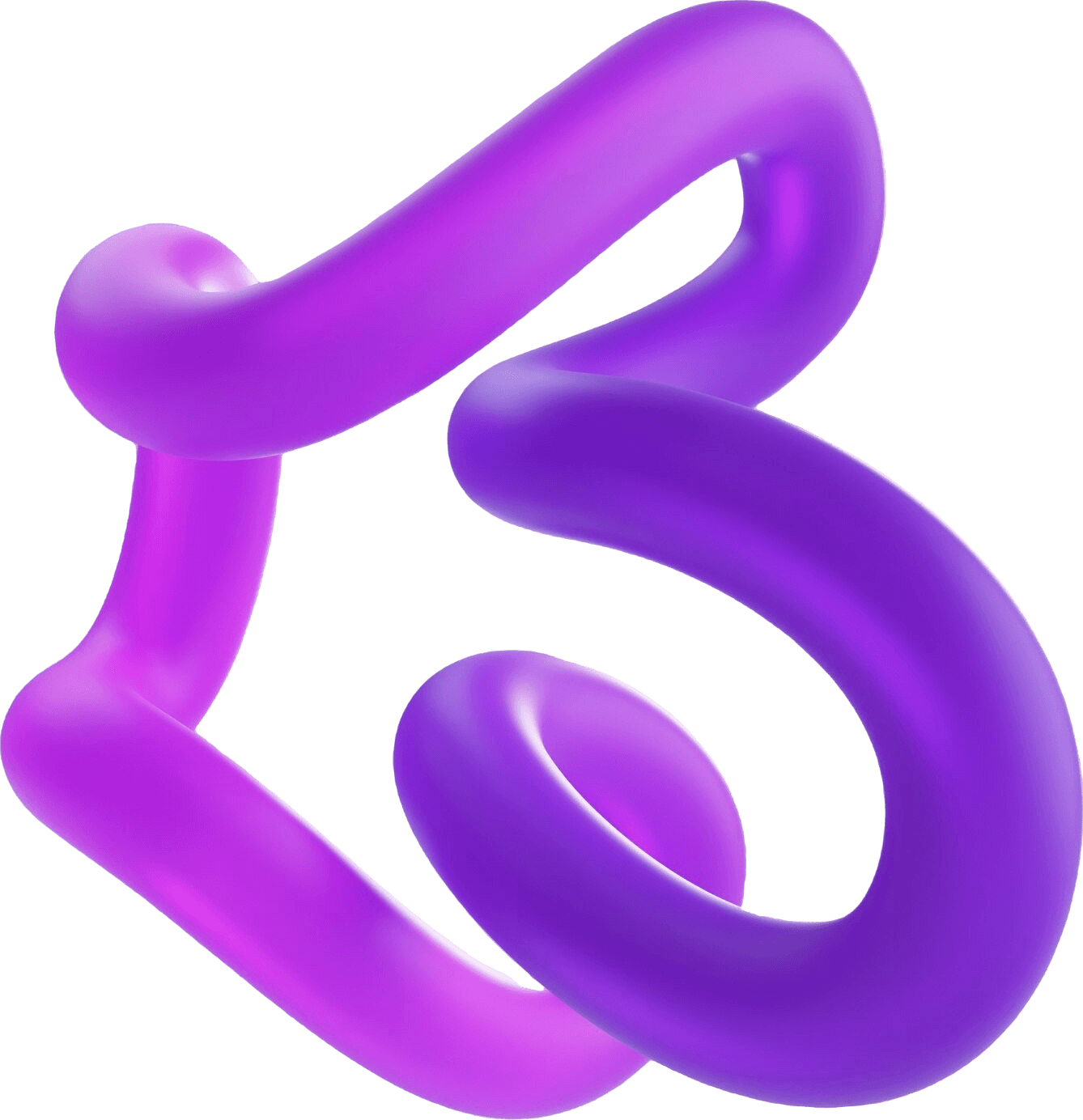
Our core capabilities
We specialize in cutting-edge AI solutions through
AI Agent Development
We build smart, scalable AI agents using SAS and custom frameworks. Designed to automate and enhance business processes.
Results as a Service (RaaS)
Get AI-powered outcomes without managing infrastructure. We deliver trained models and predictions on-demand.
AI Consulting
Expert guidance to plan, build, and scale AI systems. Tailored strategies for startups to enterprises.
Machine Learning Development Company
Unlock the potential of data-driven intelligence with our machine learning development service.
Software Development (Web & Mobile Apps)
We design and build custom software solutions, including web platforms and mobile applications. Our services cover development, UI/UX design, and maintenance to deliver robust, scalable, and user-friendly applications. , place replace date engineering with
Domain-specific Model Development
Develop a roadmap to integrate AI into your business processes for maximum impact.
Seamless Integration & MLOps Deployment
We don’t just build—we deploy. From APIs to full platform rollouts, we integrate AI into your systems with zero disruption.
Model Fine-Tuning & Optimization
Using your proprietary data, tone, and creative standards, we fine-tune open-source or third-party models like GPT, LLaMA.
Our services
We specialize in cutting-edge AI solutions through
AI / ML Development
Build powerful AI and ML solutions tailored to your business needs. From training custom models to implementing intelligent automation, we deliver systems that enhance decision-making, optimize workflows, and drive real business outcomes.
Custom Software Development
Design and develop robust, scalable, and high-performance custom software built specifically for your requirements. We create end-to-end platforms, applications, and tools that empower your business with seamless digital experiences and long-term reliability.
AI Consulting
Expert guidance to plan, build, and scale AI systems. Tailored strategies for startups to enterprises.

Company Insights
We implement community-driven programs that address the unique needs of those we serve.
Learn more →What Sets Us Apart
We don't just build models. We build meaningful creative engines. Giving you Not-so-secret reasons why brands love us.

Precision-Led, Speed-Driven Execution
We understand that innovation waits for no one. Our agile frameworks and pre-trained modular systems help us deliver prototypes in weeks—not months.
Explore & Enjoy our blogs

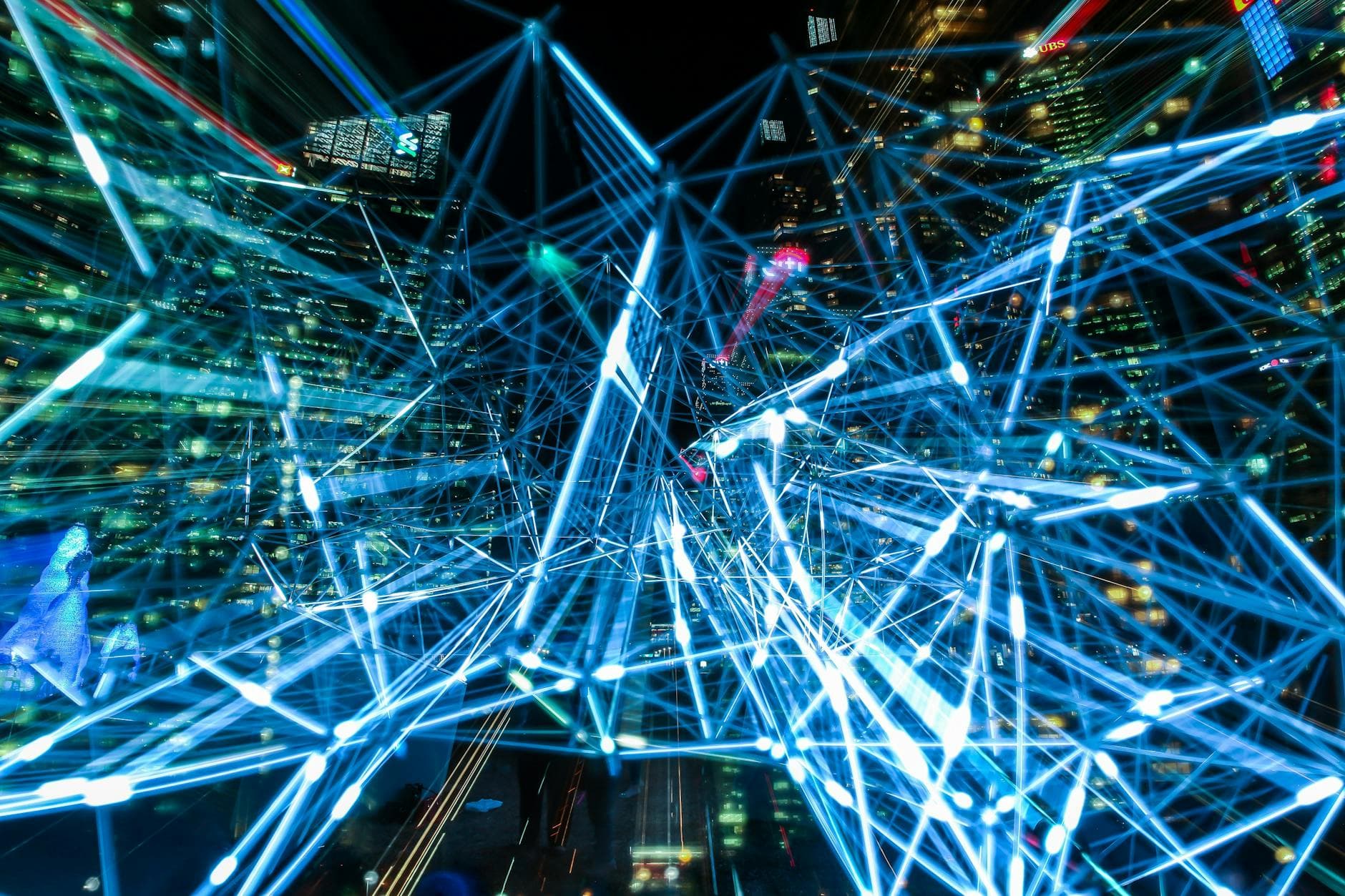
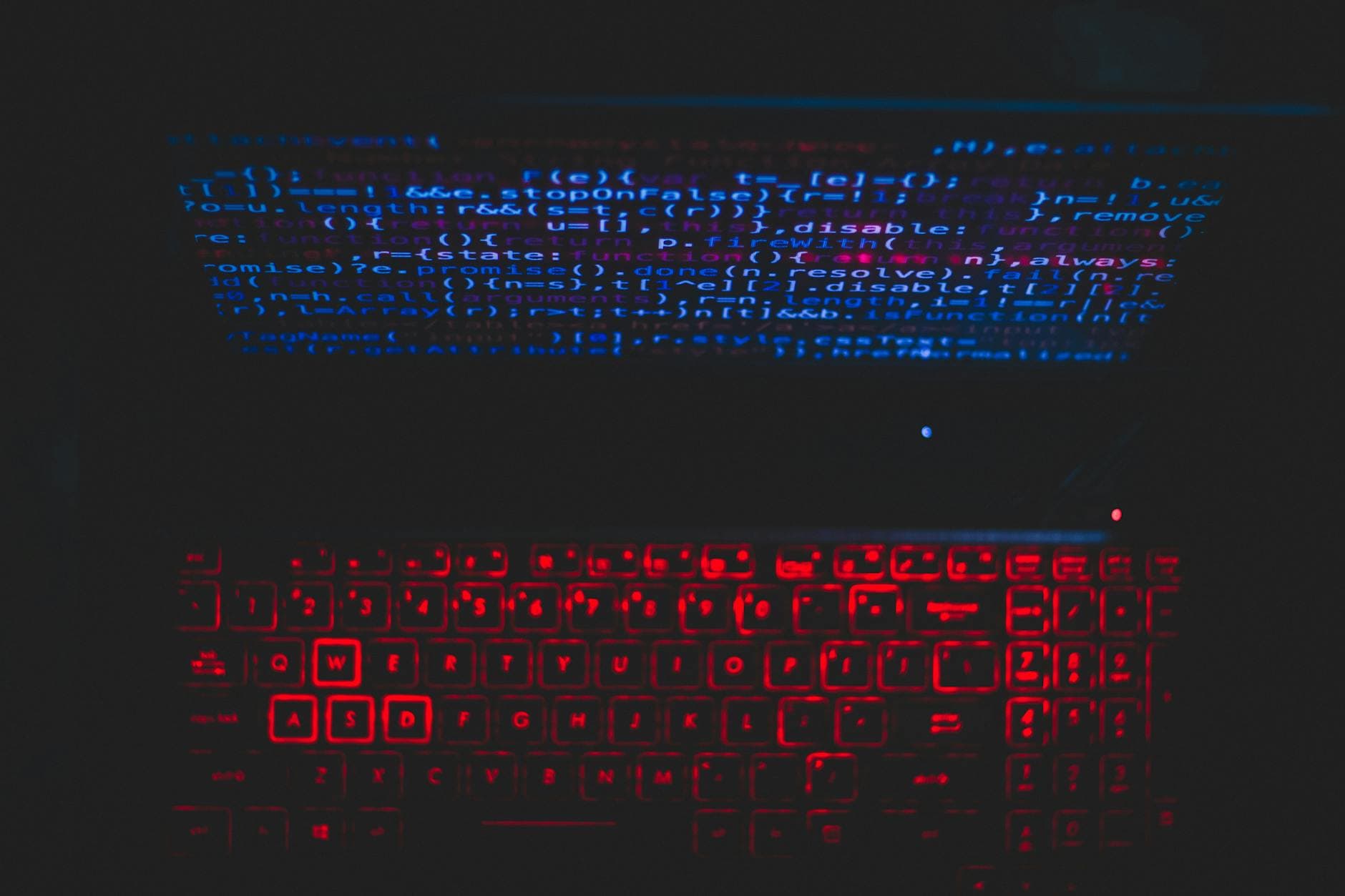

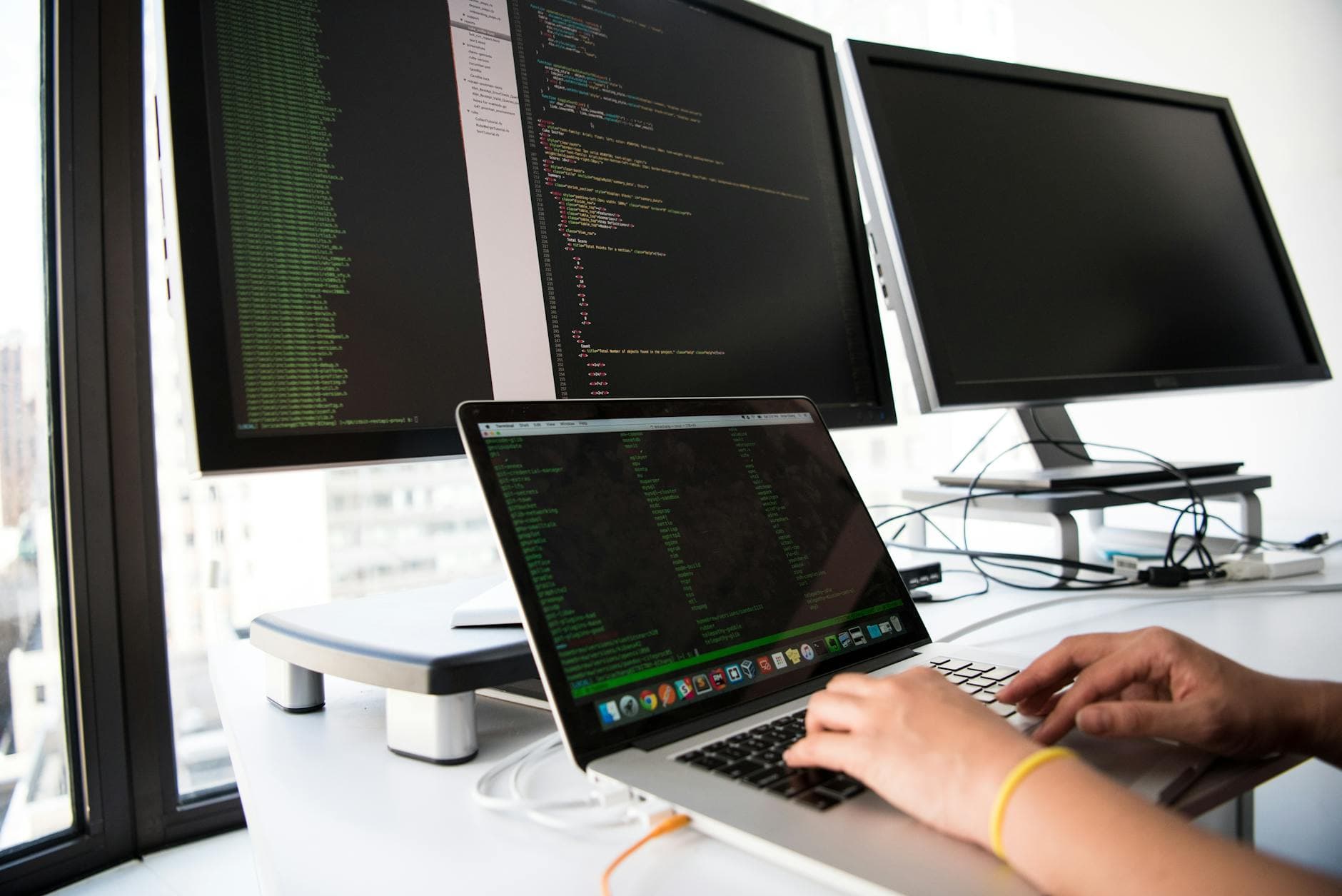
Recent Updates & Insights from our Blog
The Rise of AI Agents: How Autonomous Workflows Are Changing Business
Explore how AI agents automate multi-step workflows, reduce human workload, and streamline operations across recruitment, healthcare, finance, and enterprise teams.

NLP in 2025: How Language Models Are Powering Smarter Businesses
Discover real-world applications of NLP—from sentiment analysis to document automation—and how companies can leverage it to optimize decision-making.

Building LLM-Powered Applications: A Playbook for Modern Companies
A practical guide to integrating large language models into business products, including cost optimization, accuracy tuning, and responsible AI practices.
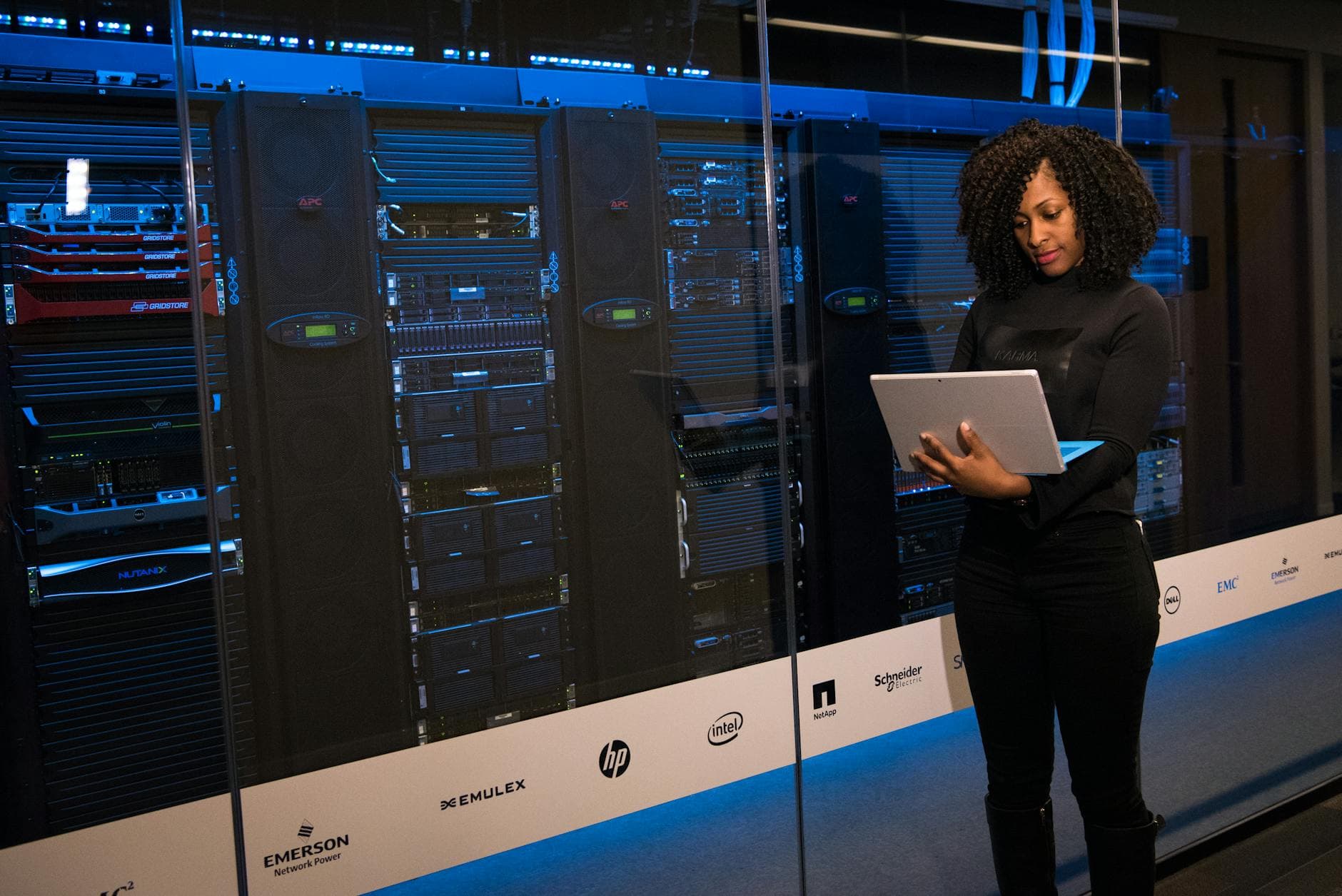
AI Consulting: Why Every Company Needs a Strategy Before Building
Learn how AI consulting helps businesses avoid costly mistakes, validate ideas quickly, and build solutions aligned with long-term growth and scalability.

MVP Development for AI Startups: Building Smarter, Faster, Cheaper
A roadmap for creating AI-powered MVPs—from market validation to rapid prototyping—designed for founders who want to launch quickly and iterate intelligently.

Custom AI Platforms vs. Off-the-Shelf Tools: What’s Right for You?
Understand when to invest in a custom-built AI platform, what features matter most, and how to future-proof your technology decisions.

From Data to Deployment: How AI Systems Are Built End-to-End
A behind-the-scenes look at the full AI development lifecycle, including data pipelines, model training, testing, deployment, and continuous monitoring.

How LLMs Are Transforming Customer Support & Automation
Find out how enterprises are using LLMs for automated help desks, knowledge assistants, ticket resolution, and 24/7 conversational support.

Multi-Agent AI Systems: The Next Evolution in Automation
Explore how multiple AI agents collaborate to handle complex tasks like research, onboarding, compliance, and enterprise workflow management.

Why NLP is the Backbone of Intelligent Document Processing
Learn the role NLP plays in extracting, classifying, summarizing, and validating documents—helping businesses cut down manual work by up to 80%.

AI Consulting for Enterprises: Turning Ideas Into Scalable Solutions
See how enterprise AI consulting helps prioritize use cases, align with business goals, optimize ROI, and build high-impact solutions.

AI Platforms for the Future: What Modern Companies Must Build Today
A deep dive into cloud-native AI platforms, vector databases, microservices, and intelligent automation that empower long-term digital transformation.


Bringing the Power of AI to
Businesses, Transforming Challenges
into Opportunities.
Performance
Bridging the gap between technology
Security
Unlocking potential with
AI-driven solutions
Chosen by innovators worldwide.
How does it actually work?
Helping you make your idea an reality can be done in simple steps. You’re just 3 steps away from your reality!


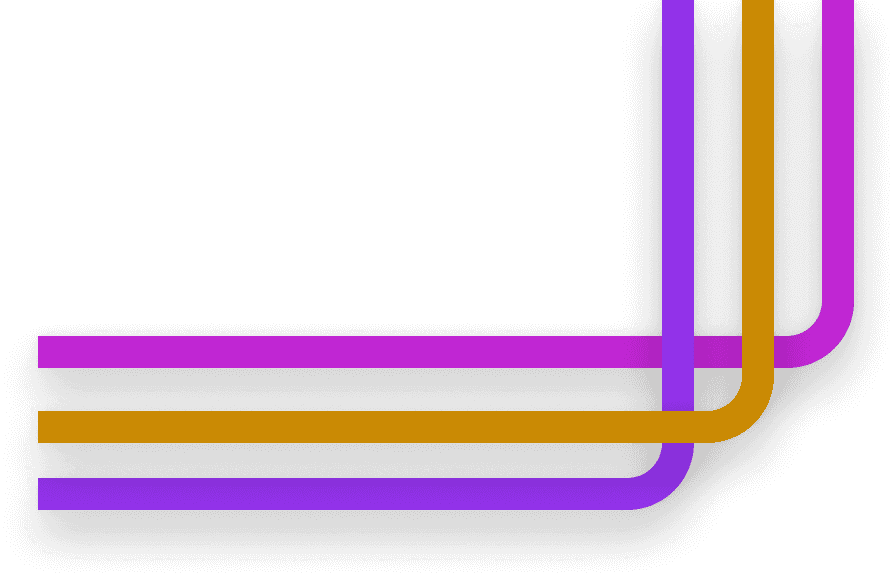
Fill out the form & schedule a call.
Start by telling us about your vision. Fill out our quick contact form, then book a Zoom slot that works for you. Within 24 hours, our team connects to align goals and expectations.
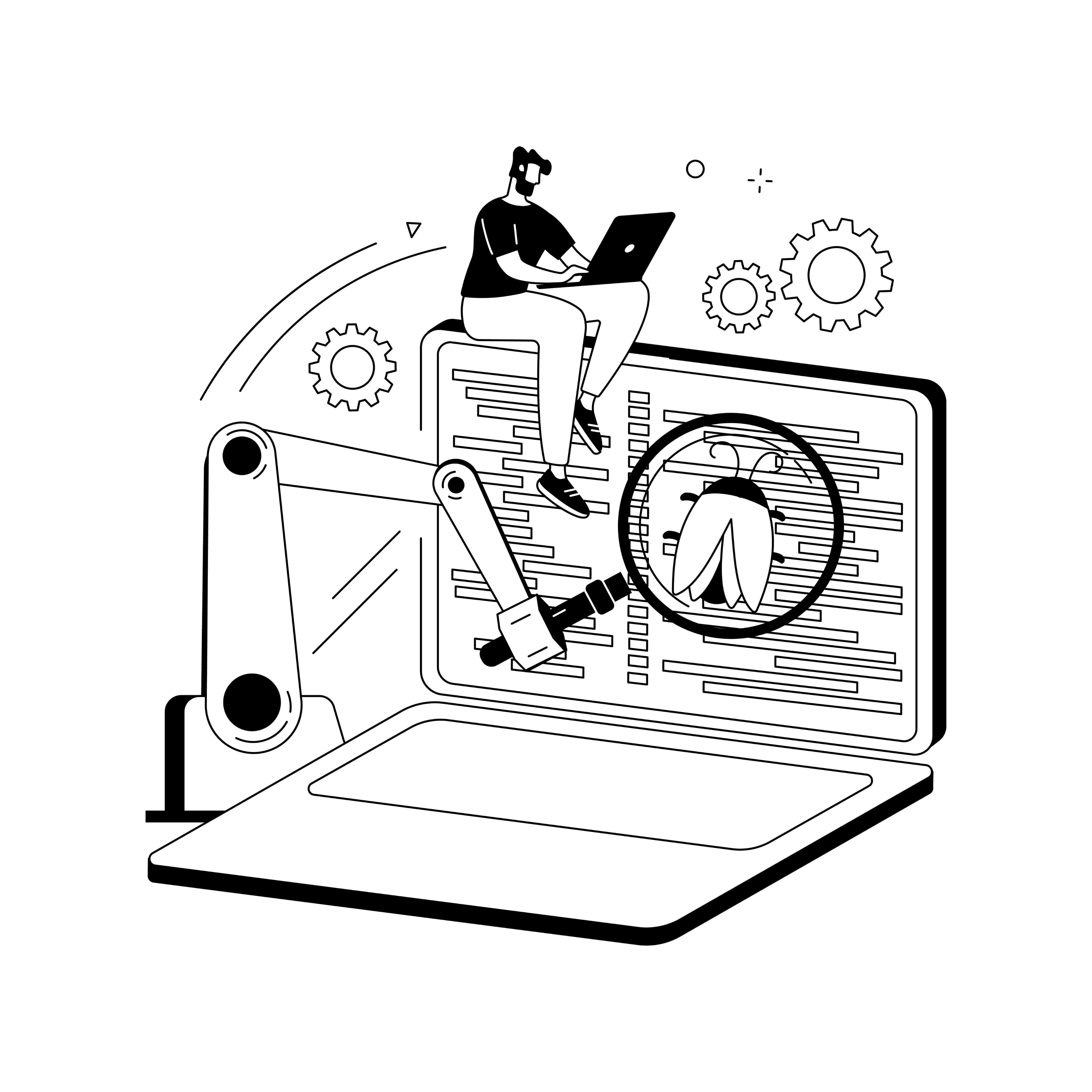
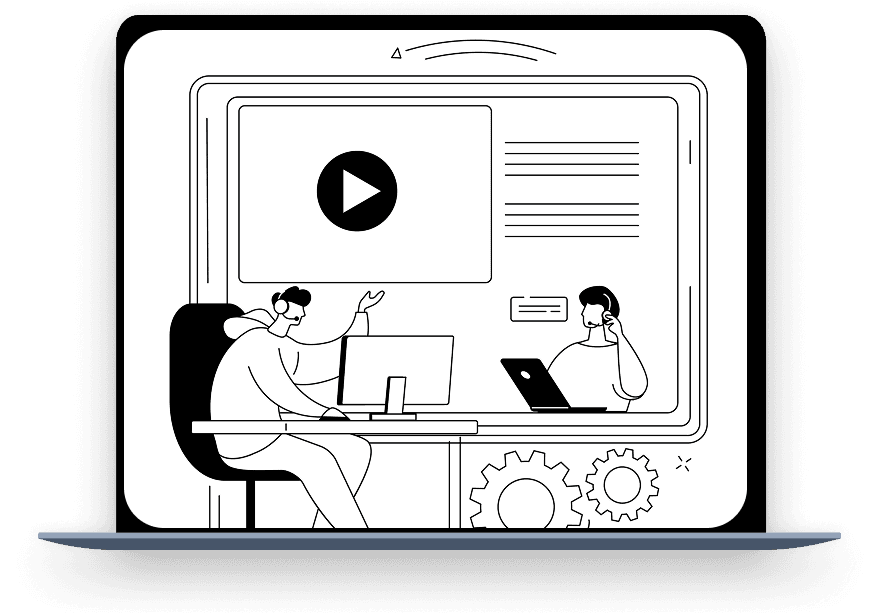
Expert Consultation
Discuss goals, scope & tech roadmap. Hop on a 1:1 session with our AI strategists and creative leads. We ll understand your needs, recommend the best solutions, and finalize the project blueprint.
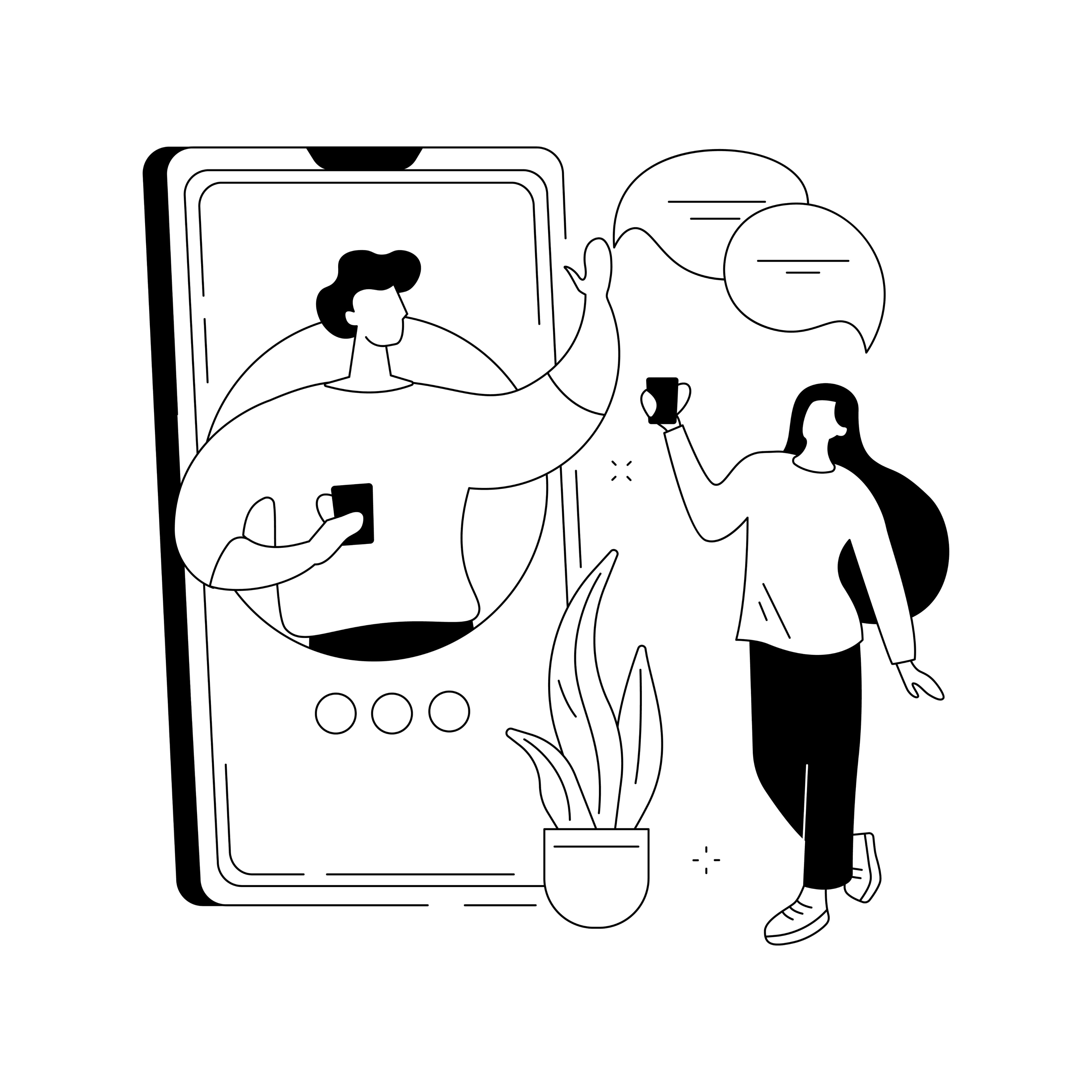
Approve, onboard & launch.
Once you approve the scope, we set timelines, assign teams, and start building. Expect daily drafts, transparent communication, and fast iterations from Day 1.
Frequently asked questions
If you cannot find an answer, email hello@artizence.com for help.
The Benefits of Working with an AI Agency
Innovate with AI
By combining creativity, technical expertise, and strategic insight, we deliver solutions.
Maximize AI Impact
By combining creativity, technical expertise, and strategic insight, we deliver solutions.

AI-Analytics
By combining creativity, technical expertise, and strategic insight, we deliver solutions.
AI-Driven Success
By combining creativity, technical expertise, and strategic insight, we deliver solutions.
Empowering businesses with innovative AI solutions to drive growth and efficiency

Start building ideas
Contact us now!
Discuss goals, scope & tech roadmap. Hop on a 1:1 session with our AI strategists and creative leads. We'll understand your need.



